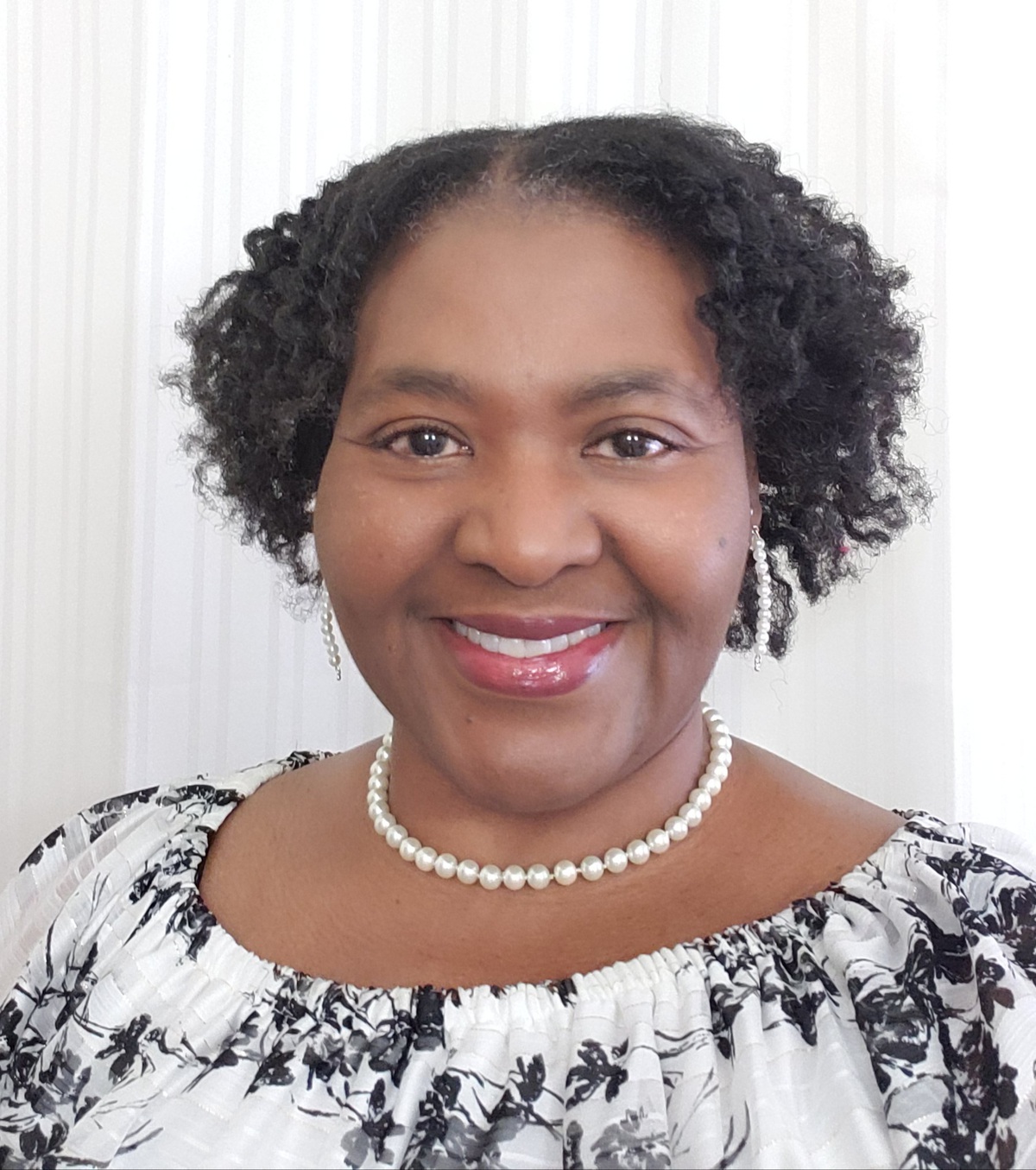
Felicia Moore Mensah, PhD
Felicia Moore Mensah, PhD (@docmensah | she, her) is the Department Chair of Mathematics, Science, and Technology and Professor of Science Education at Teachers College, Columbia University (New York City). Her work addresses diversity, equity, and identity issues in science teacher education. Her most recent research utilizes critical race theory, racial literacy, and intersectionality to transform teacher education research and practice. Her focus on preparing future teacher educators and teacher educators of color for racial literacy combines years of teaching, mentoring, and outreach in PreK12 schools, postsecondary education, and teacher professional development.
She was an Associate Dean at Teachers College. She worked closely with the Office of Student Affairs, the Office of Community and Diversity, and the Provost Office in doing faculty development. She is currently the faculty advisor for the Black Student Network, past advisor to the Doctoral Research Collective on Race & Ethnicity, and the moderator/host of monthly CITED Conversations, which stands for Critical Conversations in Teacher Education and Development. This platform promotes scholars of Color doing innovative research across diverse fields in teacher education and professional development.
Dr. Mensah is the recipient of the 2024 Mentor Award (ASTE); the 2017 Outstanding Science Teacher Educator of the Year (ASTE); the 2012 Early Career Award, Division K Teaching and Teacher Education (AERA); and an Equity and Ethics Scholar in 2005 (NARST). She is the author of “Like Words Falling onto the Page: Demystifying the Academic Writing and Publishing Process” and “The Baby Qual Podcast”, which both support academic writers.
Dr. Mensah is a Past President of Sisters of the Academy Institute, or SOTA, an organization supporting Black women’s success in higher education. Among other activities, she is co-editor of the Journal of Research in Science Teaching (JRST), a Lead Editor of Cultural Studies of Science Education, and an associate editor of Learners of the African Diaspora Journal (LADJ).
Before her life in academia, Dr. Mensah was a former high school science teacher and a laboratory scientist, and she worked in the laboratory of a large regional hospital.

